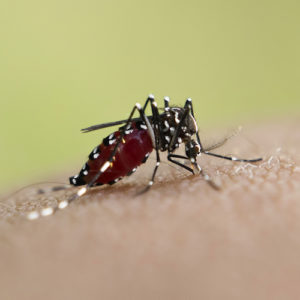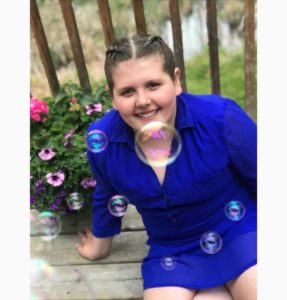
Mosquitoes spread Eastern Equine Encephalitis, a potentially deadly illness.
I have written through the years about the threat of Eastern Equine Encephalitis, a tragic mosquito-borne virus, which causes brain infection in humans and horses.
In a statement released this week, Massachusetts Public Health Commissioner, Monica Bharel said that with four known cases in the state this month, we are facing the biggest threat of EEE in years. What can we hope to do?
Laurie Sylvia’s family said that she had been sick for a couple of weeks. The Fairhaven resident’s illness was at first undiagnosed, and later determined to be EEE. She was treated at Tufts Medical Center in Boston, where she later died. This heartbreaking story is a testimony to the sporadic nature of the disease, for which there is no vaccine or effective treatment for the active disease. One in every three people, who contract this illness, will die from it.
Click here to read the public health notice released on August 23, by the Massachusetts Department of Public Health
A 14-year-old Michigan girl with EEE is fighting for her life.

Savannah’s mom says: “Savanah is a very special young girl. She is very talented, she loves to sing, listen to music, draw, write and be super creative. She enjoys spending time with her family and loves just being around people. She has a pure heart and loves to help others in anyway she can and she has a drive to succeed in whatever she wants to do.”
Savannah DeHart lives in South Portage, Michigan, and is facing the fight of her life with a confirmed case of Eastern Equine Encepalitis. She was placed on a ventilator, where she remains minimally responsive, but is responding to neurological testing. She is presenting a pain response, is supporting her head somewhat, in an upright position, and has moved her arm and hand.
Her family is rallying for her cause on Facebook, using the hashtag #SavannahStrong. Savannah’s case of EEE is the third reported case in Michigan this year. The disease is most prevalent in Massachusetts, New York, Florida, and North Carolina, but is showing no signs of stopping as it spreads to regions in the United States, where it has never been reported.
What are the symptoms of Eastern Equine Encephalitis?
One of the more frightening aspects of EEE, is how is differs from person to person. It can come on in as few as 12 hours, or as much as two weeks. The disease is a bigger threat to humans under the age of 15 and over the age of 50. Symptoms can be mild flu-like, with sore throat, chills, joint pain, and head and body aches. Some people present no symptoms of the disease until it has begun to affect the central nervous system, at which time it can cause seizures and death within 48 to 72 hours.
How can you protect your family from EEE?
If you are going to be outdoors, please use mosquito repellent. Effective repellent is the first line of defense in mosquito bites. Here’s what state health officials recommend:
“Use a repellent with an EPA-registered ingredient (DEET (N, N-diethyl-m-toluamide), permethrin, picaridin (KBR 3023), oil of lemon eucalyptus [p-methane 3, 8-diol (PMD)] or IR3535) according to the instructions on the product label. DEET products should not be used on infants under two months of age and should be used in concentrations of 30% or less on older children. Oil of lemon eucalyptus should not be used on children under three years of age.”
Additionally, Massachusetts health officials are advising folks to stay indoors from dusk to dawn. We must be vigilant in protecting ourselves and our families from this deadly disease with at home mosquito control. If there was ever a time to call in the professionals for a mosquito barrier protection spray, now is the time. Municipal sprays, though they may be ramped up, are not going to provide all the necessary protection. I implore you to get a mosquito treatment for your home and family.
